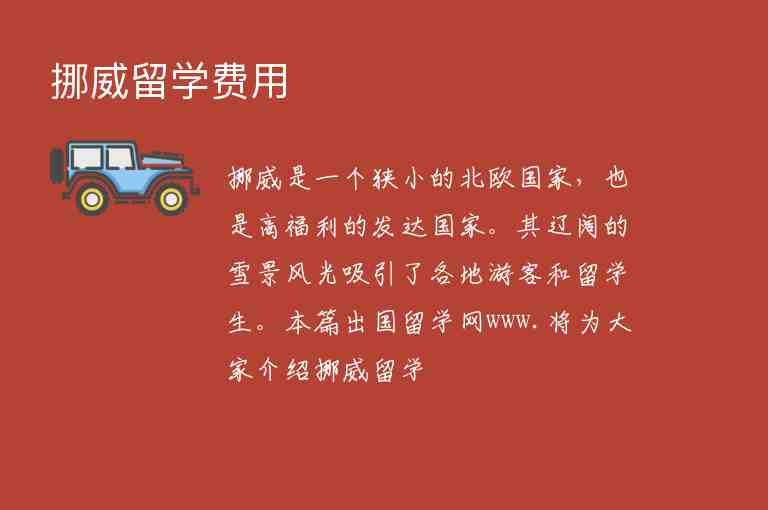/ˌæntiˈfrædʒəl/
adj. 非脆弱的
用法:
antifragile一词由anti和fragile两个部分组成,其中anti意为“反对”,fragile意为“脆弱的”,因此,antifragile一词指的是与脆弱相反的特质,即不容易受到破坏或损害的性质。
例句1:His antifragile mindset allowed him to thrive in the face of adversity.
他非脆弱的心态使他能够在逆境中茁壮成长。
例句2:The antifragile nature of the economy was evident during the recession.
在经济衰退期间,经济的非脆弱性显而易见。
例句3:Exercising regularly can make your body more antifragile and resistant to illness.
经常锻炼可以使你的身体更加抗损伤和抵抗疾病。
例句4:The company's antifragile business model allowed it to adapt quickly to changing market conditions.
公司非脆弱的商业模式使其能够迅速适应不断变化的市场条件。
例句5:Children need a certain level of exposure to germs in order to develop an antifragile immune system.
儿童需要一定程度上接触细菌才能发展出非脆弱的免疫。
同义词及用法:
1. Resilient (adj.):有弹性的,能够恢复的
例句:Her resilient spirit helped her overcome the challenges she faced.
她坚韧的帮助她克服了所面临的挑战。
2. Robust (adj.):强壮的,健康的
例句:The company's robust financial performance impressed investors.
公司健康的财务表现给投资者留下了深刻印象。
3. Durable (adj.):持久的,耐用的
例句:The antifragile qualities of the material made it highly durable.
这种材料具有非脆弱特质,因此非常耐用。
编辑总结:
Antifragile一词是由著名学者纳西姆·尼古拉斯·塔勒布在其同名书籍中提出的概念。它指代一种具有非脆弱特质的性质,与传统意义上认为“不容易被破坏”的“坚韧”概念不同。拥有antifragile特质可以使个人、组织或更加适应变化和挑战,在不断变化的世界中保持稳定和发展。因此,在现代社会中,拥有antifragile特质的人或组织更具竞争力。

